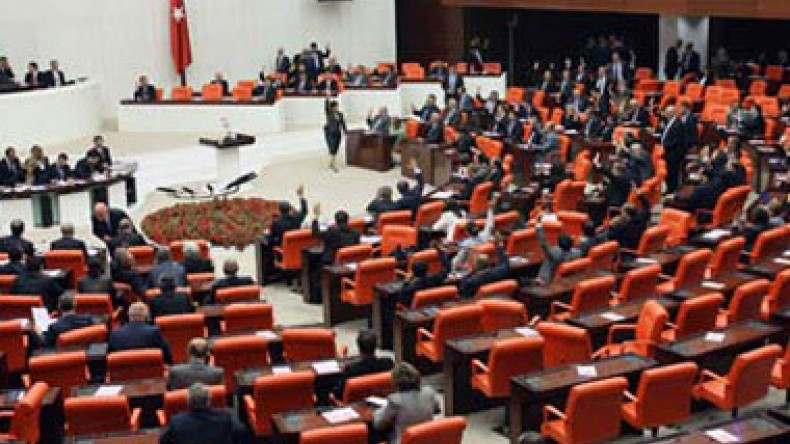
Opening of Khojalu genocide museum in Ankara rejected
Authorities of Ankara rejected the proposal of municipality of Kyzyljyhamam in regard of opening the "Khojalu Genocide Museum" in the capital of Turkey. According to the Azerbaijani news agency "1news.az," the executive power of the city felt that "the use of the word" genocide "in the name of the object is associated with diplomatic difficulties". In this regard, the municipality of the capital offered to pick up another name for the museum.
Coskun Unal, the head of the municipality of Kyzyldzhyhamam district told reporters that the museum will have to be renamed. "Ankara’s authorities stated that the usage of the word "genocide" is unacceptable from the legal point of view and it could lead to diplomatic difficulties. Perhaps the museum will be called the "The tragedy Museum", or something else. Now we are thinking over a new name," Coskun Unal said.
On February 26, 1992, during the war in Karabakh, around 200 to 300 people (according to Human Right Watch, and 600 according to the version propagated by Azerbaijan) were killed in unknown circumstances near the city of Aghdam. They have been deliberately withheld by the Azerbaijani authorities in the midst of the military actions. Population of the village of Khojalu, which was one of the firing points shooting at the blockaded Stepanakert (among five others) was kept in the village for months by force and was not evacuated by the authorities of Azerbaijan deliberately, in order to use them as human shields later.
Residents of Khojalu coming out through the humanitarian corridor, that the self-defense forces of NKR had left open, freely passed more than 10 km and reached the Aghdam city controlled by the Azerbaijani troops. Later, not far from the positions of Azerbaijani troops dead bodies of the villagers were found. The exact death toll remains unknown as the official Baku publishes data contradicting each other. Parliamentary Commission investigating the tragic death of the civilians at Aghdam city was dissolved by the order of Heydar Aliyev, the investigative materials are kept secret.
Documentary: “Between hunger and fire. Power at the cost of lives”
Newsfeed
Videos






























